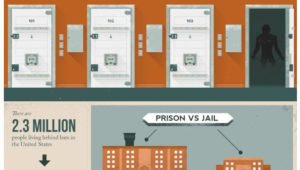
Why has crime fallen?
New analysis undertaken by the report’s authors idntified the ageing population, changes in income and decreased alcohol consumption as factors reducing crime.A review of past research indicated that consumer confidence and inflation also seem to have contributed to crime reduction.







